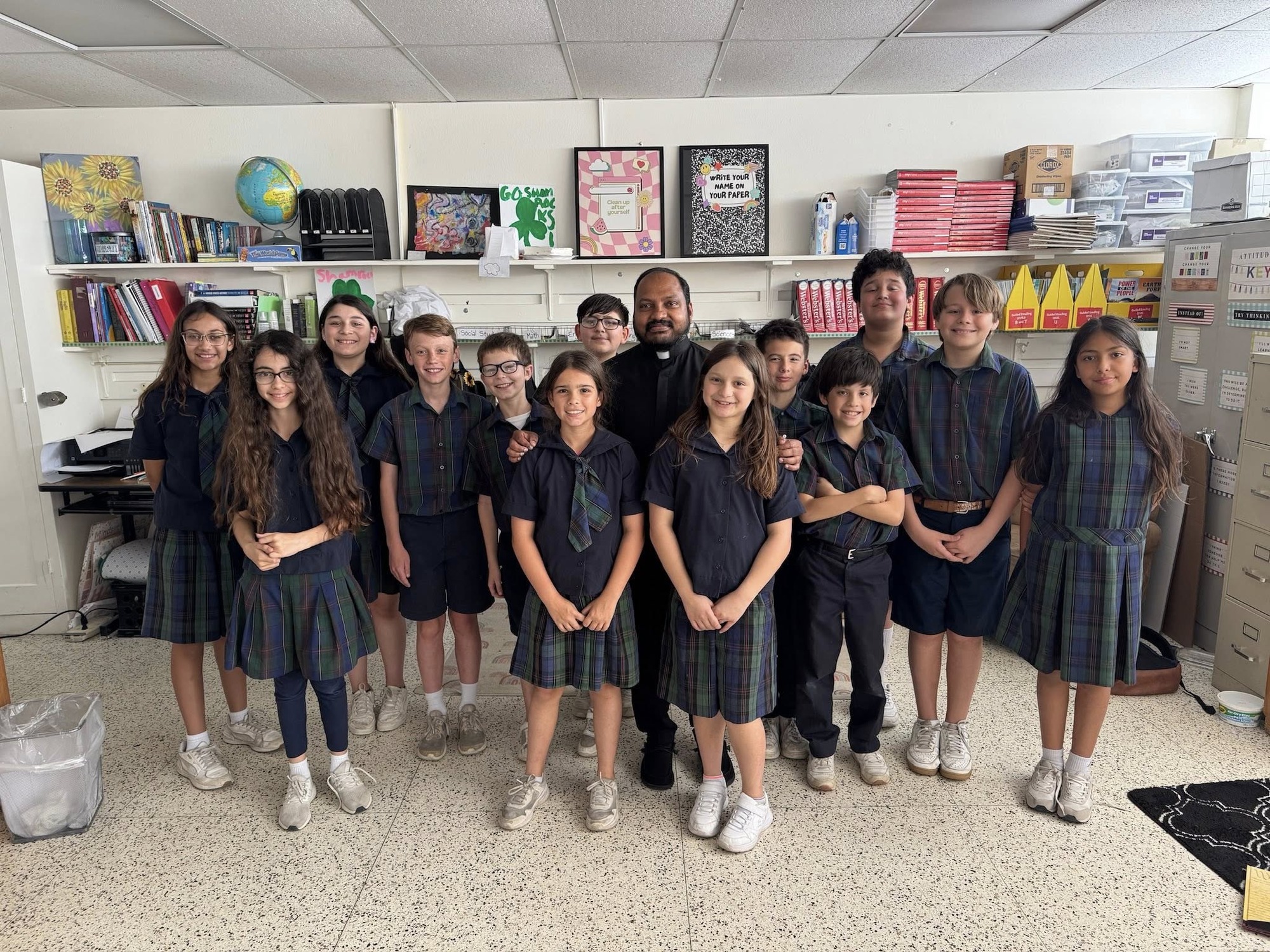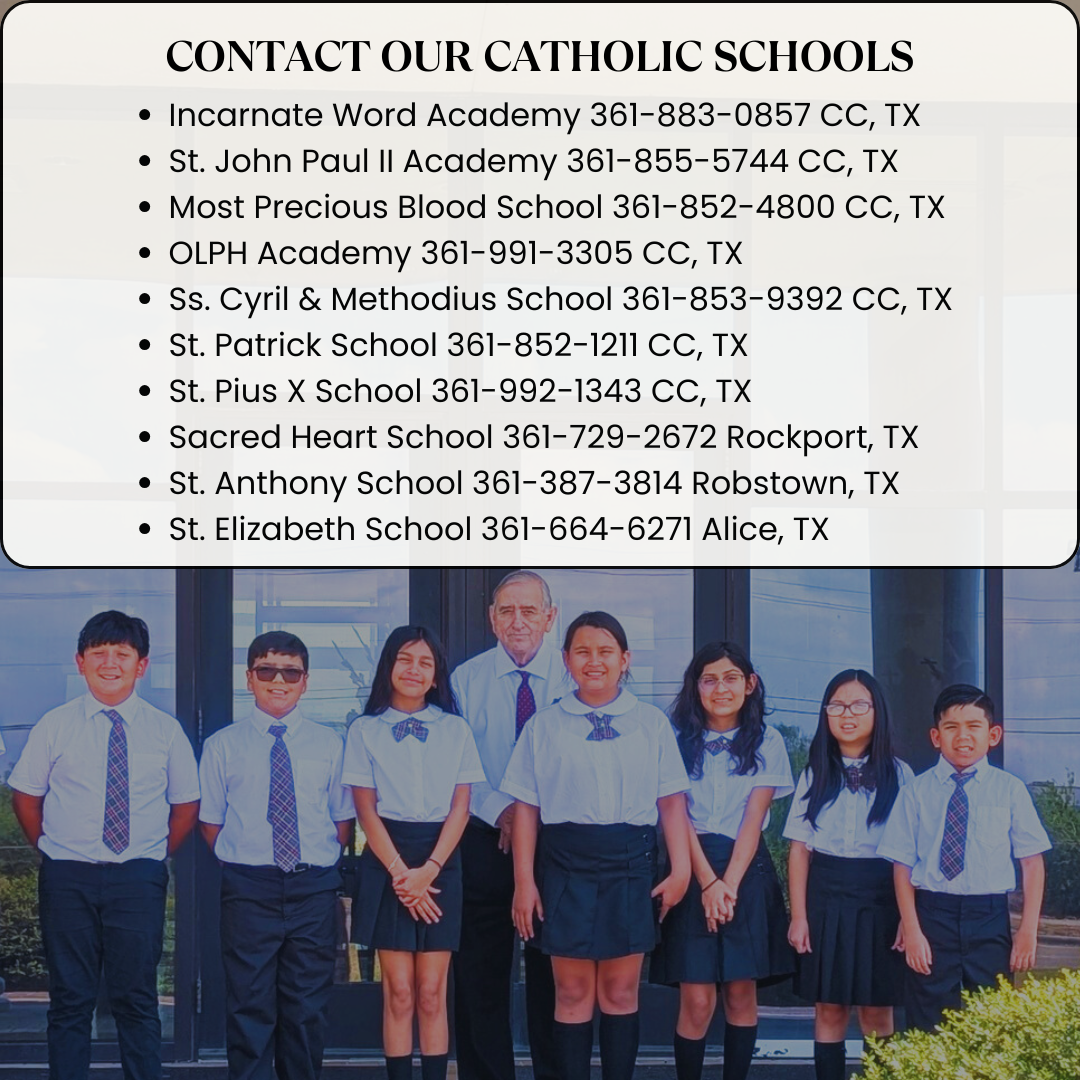Search
-

-
-
What is an ESA?An Education Savings Account (ESA) provides parents with state funds to help cover their child's education expenses outside of public school in Texas. Parents may choose the educational environment that best fits their child, and ESA funds can be used for a variety of education-related costs, such as uniforms, breakfast and lunch, textbooks, or other instructional materials.
Who qualifies?
- The student must be a U.S. citizen, legal resident, or otherwise allowed to attend public school in Texas. Priority is given to children from low-income families and those with special learning needs.
How much funding could my child receive?
- Each child may be eligible to receive up to $10,000 per year.
- Students with disabilities may qualify for up to $30,000 per year.
- Home-schooled students may be eligible for up to $2,000 per year.
-
-
-
Is the money distributed to me or the school?
- Funds are deposited into a secure account managed by the state. Parents access the funds through the same online portal and direct payments for eligible expenses to the school or approved vendor for supplemental materials or services, such as school equipment or tutorial services.
If there is money left over in the account, how do I access that to buy eligible school expenses?
- Leftover ESA funds may be used for other approved school-related expenses, such as text books, uniforms, or tutoring. These purchases are made through the state-managed online portal, which includes a list of approved vendors. Any unused funds will roll over from year to year as long as your child remains in the program and until they graduate or complete high school.
If I don't use all the funds in one year, will the money expire or roll over?
- Unused funds roll over from year to year as long as the student remains in the program and until he or she graduates or completes high school.
-
-
-
Who qualifies as a child with disabilities?
- According to the State of Texas, a "child with a disability" is:
- A student under 22 with a visual or hearing impairment that makes it difficult or unsafe to be properly educated in a public school without special support; or
- A student between the ages of 3 and 21 has one or more of the following conditions that require special education services:
- Physical disability
- Intellectual or developmental disability
- Emotional disturbance
- Learning disability (including dyslexia)
- Autism
- Speech impairment
- Traumatic brain injury
- Parents of children with special needs who intend to apply for an ESA and seek additional funding for their child’s special needs should contact their ISD to begin the evaluation process. You will need to upload the IEP at the time of application to qualify for the funding associated with the disability.
- According to the State of Texas, a "child with a disability" is:
Do all Catholic schools accommodate children with special needs?
- Our Catholic schools strive to support students with special needs to the best of their ability, based on available resources. We recommend speaking directly with the school to learn more about the specific services they offer.
-
-
-
Is there priority access assigned to the ESA distribution process?
- Yes, applicants will be prioritized according to this four-tier system:
- 1. Students with a disability and family income at or below 500% of the Federal Poverty Guidelines (FPG).
- 2. Students whose family income is at or below 200% of FPG.
- 3. Students whose family income is between 201% and 500% of FPG.
- 4. All other applicants, depending on available funding. Within this tier, those transitioning from public school to a private setting are prioritized over students already enrolled in private school.
- Yes, applicants will be prioritized according to this four-tier system:
Will my child be eligible for ESA if he/she already attends a Catholic school?
- Current Catholic school families whose income is less than 500% of the Federal Poverty Guideline (FPG) may qualify for an ESA according to the tiers above. For everyone else, priority will be offered to families whose children currently attend public school, but families are still encouraged to apply even if they already attend a Catholic school.
If one of my children is approved, will their siblings be approved too?
- Yes. If one child is approved, any siblings who have also applied for an ESA will be approved as well. Parents must remember to register each child through the online application portal.
Must I apply for each of my children separately?
- Yes. You must apply for each child separately on the online application portal.
-
-
Next Steps
-
What should I do first?
- Start by visiting one or more of our Catholic schools to find the right fit for your child. Then, when you fill out the ESA application, be sure to list all the schools you're interested in - especially our Catholic schools. If you have multiple children, you must complete one application per child.
- Click here to find a Catholic school near you
When can I apply?
- January 2026
Where do I apply?
- An application portal will be launched by the Texas Comptroller's Office. Schools will readily assist families wishing to apply for an ESA.
How will I be notified if I qualify?
- Families will receive notification via email through the ESA application portal once eligibility determinations have been made.
Do I need to apply for an ESA very year?
- No. Once your family is approved and receives an ESA, you do not need to reapply each year. The account will stay active as long as your child continues to meet the program's requirements.
If my child receives other scholarships or tuition assistance, can he or she still get an ESA?
- Yes, in fact, we encourage families to utilize the ESA program as the amount awarded exceeds what our schools are able to offer in tuition assistance. Plus, once enrolled in the ESA program, the child receives that awards annually until he or she graduates or completes high school - and - unused ESA funds may be used for other school related expenses such as breakfast and lunch, textbooks, and school uniforms.
Will I need to pay a deposit at a Catholic school and is it refundable if I don't qualify for an ESA?
- Most Catholic schools require a registration or enrollment fee to reserve a spot for your child. This fee helps cover administrative costs and is non-refundable, even if a family does not qualify for an ESA. Many schools are happy to work with families to explore tuition and fee assistance options.
-
-
Stay Up to Date With the Latest Info on ESA
-
Questions?
If you still have questions regarding the Educational Savings Account, please contact [email protected] for more information.



